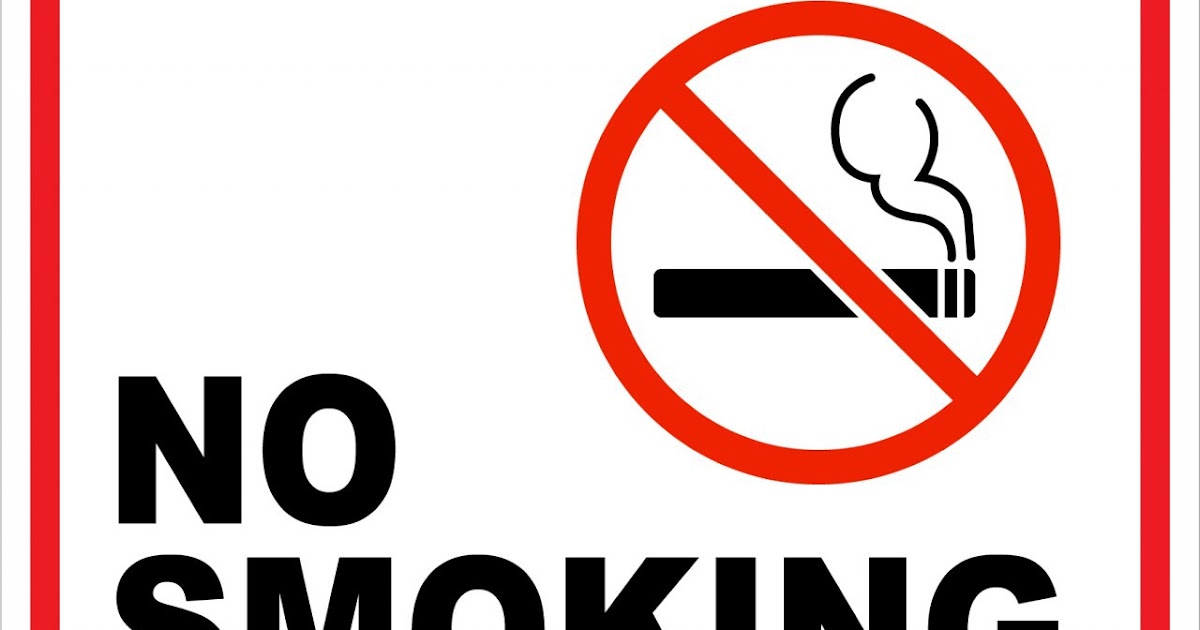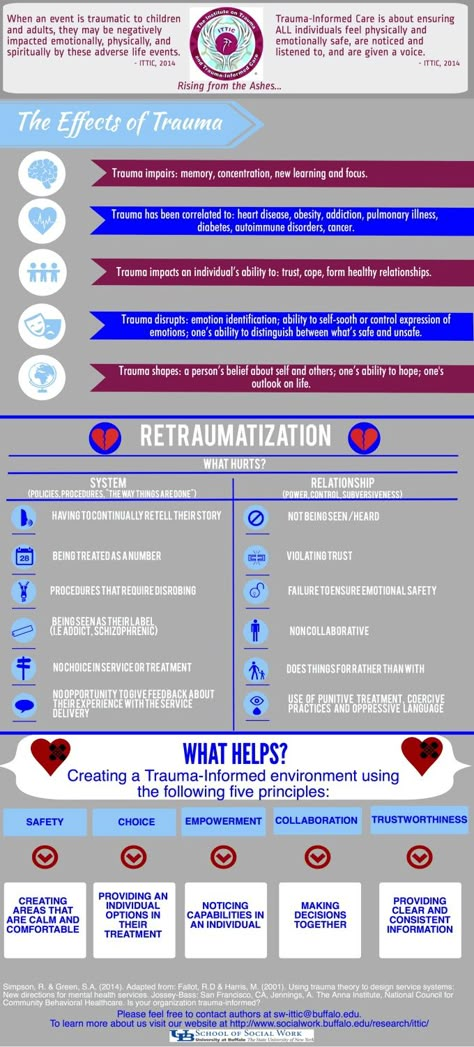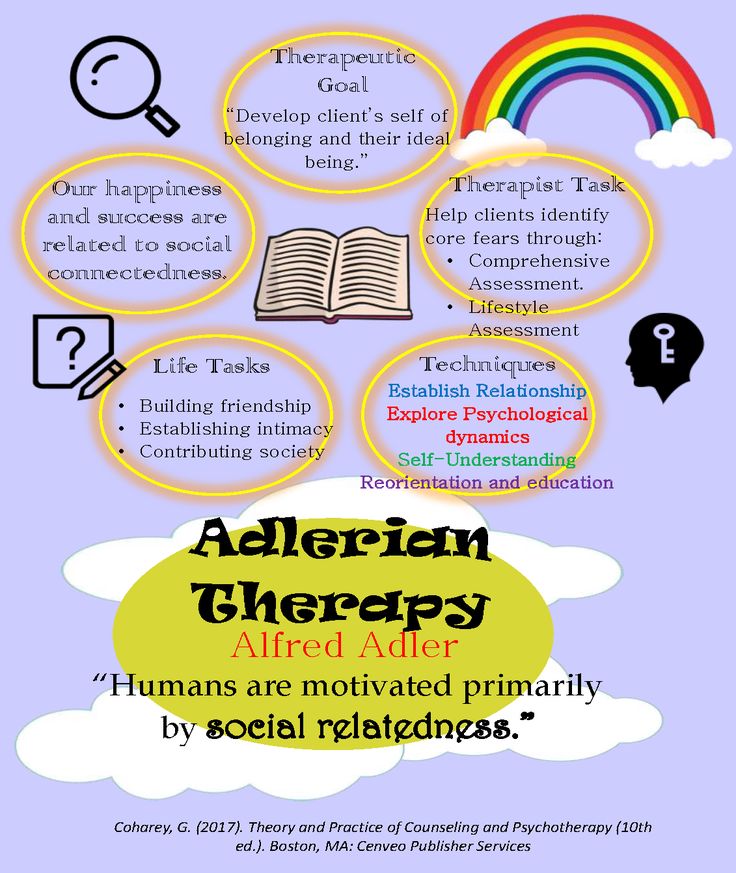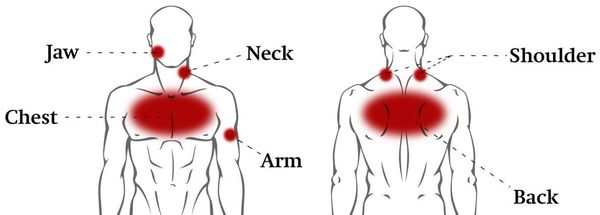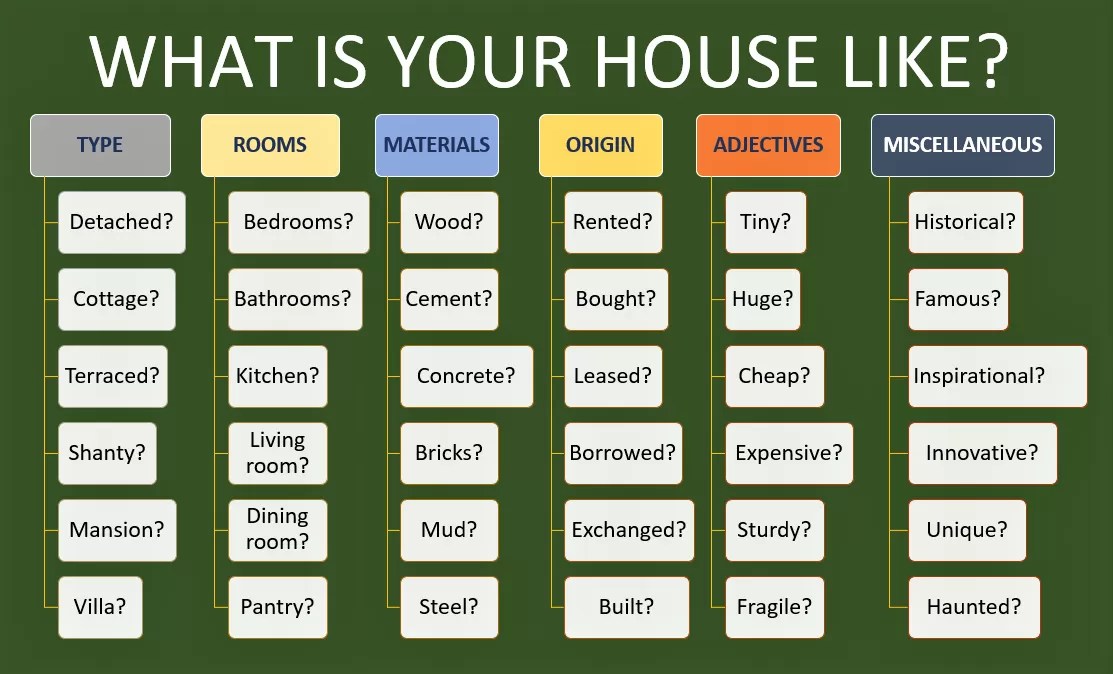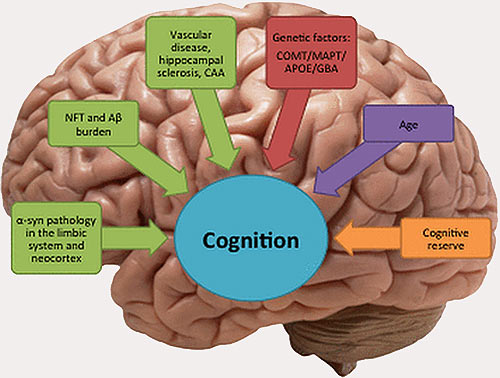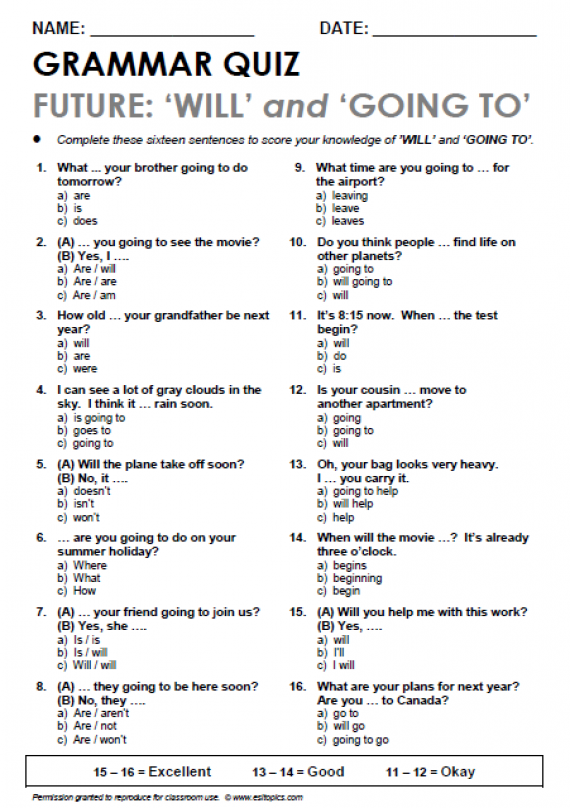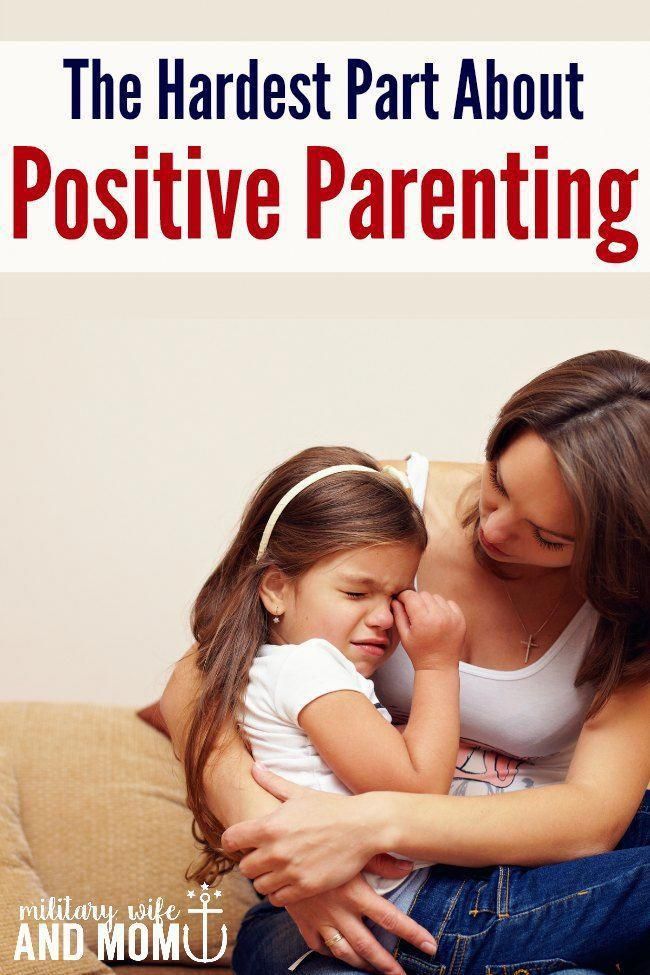Feeling of hostility
Feeling Hostile: A Guide to Your Emotions
PUBLISHED Apr 30th, 2021 & UPDATED ON Nov 29th, 2022
When we’re feeling hostile, we just don’t want to talk to people, be around them, or even have them near us. That’s totally fine and completely normal. We can’t be a glorious welcome basket of a person all the time! Sometimes we’re put into situations where our social battery is at 0% and our politeness has gone out the window!
Maybe you’ve been burned one too many times by one person and do NOT have any more time, or fucks, left to give. You feel jaded and mad for a number of reasons, and to be honest, we don’t blame you! Sometimes your shitty experiences pile up one after the other and it’s hard to not to feel like you want to protect yourself by keeping others at arm’s length.
It can feel like you have a protective layer up around you, and that layer just happens to be one made of a lot of angry emotions. It’s ok! We all feel this way from time to time, so don’t be too hard on yourself. We’re here to help you try and understand what’s going on in your mind just a little bit more! We’ll be the guide to help you process this feeling of hostility.
Hostility is often described as being stubborn, hot-headed, and angry. It can also be seen as having a bit of an attitude too (does that sound like something your parents ever said to you? It’s sounding horrifically familiar to us!), but sometimes this “attitude” is totally warranted! It’s often associated with anger, but it is also accompanied by feelings of skepticism, hurt, and mistrust. This cynicism might be because you believe that other people have selfish motivations, and that they WILL work to hurt you in order to get what they want. We’ve all met people like this, so we get it! You absolutely shouldn’t welcome them into your life with open arms. Other times, hostility can run a bit deeper than just these feelings. It can potentially be caused by deep seeded anger issues, PTSD, mental and physical trauma, or substance abuse.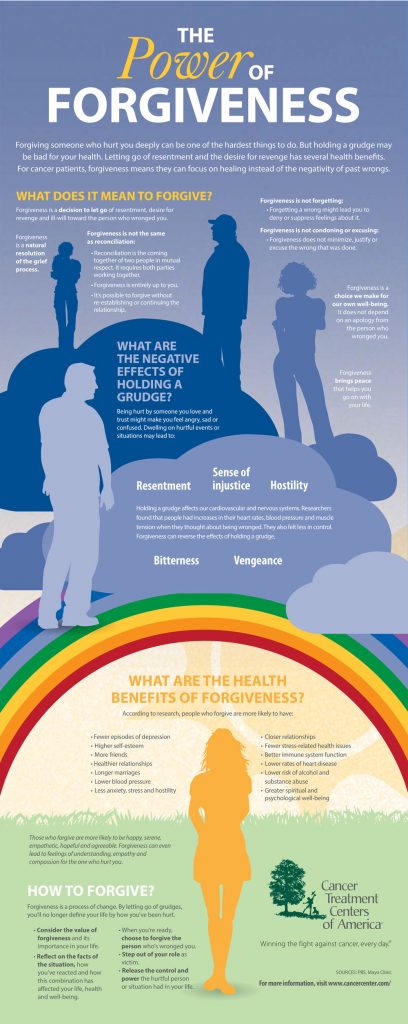 Heavy stuff, right?
Heavy stuff, right?
Hostility can also present in a number of ways too. It’s kind of a spectrum of explosiveness, you know? Sometimes being hostile can simply mean being cold and aloof towards someone, and other times it can mean blatantly shouting at someone to stay the fuck awayyyy. It’s basically a full body feeling of ill will and being ready to fight! Like any small thing can tip you over the edge at any moment. You might not want to be giving off this vibe of hostility, but it can radiate outward no matter how hard you try to keep it contained.
How Hostility Shows Up MentallyOur emotions can run rampant in our minds! They can run around and around, without ever really giving us an opportunity to process them before they get to be too much. We can get overwhelmed, angry, frustrated, scared, and allow these feelings to fester in our minds. This turns into a nasty little spiral that we can’t seem to stop:
- Anger
- Cyniscim
- Frustration
- Being hot-headed
- Impatience
- Stubbornness
Feelings of hostility can also cause a lot of stress and anxiety in your mind! You might have angry outbursts, think or behave irrationally, and have a hard time communicating your feelings calmly with other people.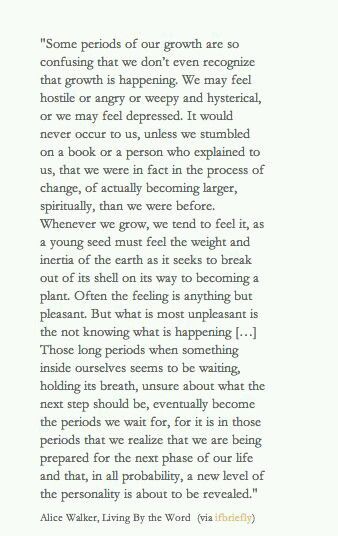 If you notice that controlling your anger has become difficult and it starts to affect your daily life, it’s a good idea to speak with a mental health professional in therapy to learn better stress management.
If you notice that controlling your anger has become difficult and it starts to affect your daily life, it’s a good idea to speak with a mental health professional in therapy to learn better stress management.
Hostility doesn’t always just live as a form of anger in our minds. Sometimes, we just get to a point where we have to let it out! If someone or something is pushing our buttons too much, we might feel like we need a physical release of our emotions, and those can show up in some not-so-nice ways:
- Violence
- Shouting
- Unkind words
- Isolating from others
- Fatigue
Since our minds treat hostility similarly to stress and anxiety, it signals our bodies to do the same! You might also experience an elevated heart rate, higher blood pressure, muscle tension, chest pain, headaches and hot flashes. Anger puts you through A LOT.
5 Ways to Cope with HostilityOk, enough of us talking about how much you don’t want to talk to people! Let’s get to the real reason why you’re reading this — how to cope with this feeling:
1. Journal
JournalWhy do you feel this way? What is making you feel this way? Write it all down and get it out of your head and into your journal. Maybe seeing your emotions down on the paper of your journal will help you process this sense of hostility and anger.
2. Reach Out to a Support PersonSometimes you just need to fucking VENT! Get your emotions out of your body and off your chest. It can be a lot to take on just by yourself so call up your bestie, your mom, your dog walker – WHOEVER and just talk it out!
3. Practice Deep BreathingOur body can get overwhelmed with the emotions that we feel sometimes. We run through scenarios in our head to prepare ourselves for certain situations, but what we end up doing is having our body actually experience the situations that we’re imagining. Our bodies don’t really know the difference between emotions and real-life situations, so you’re forcing yourself to experience the worst case scenario over and over again.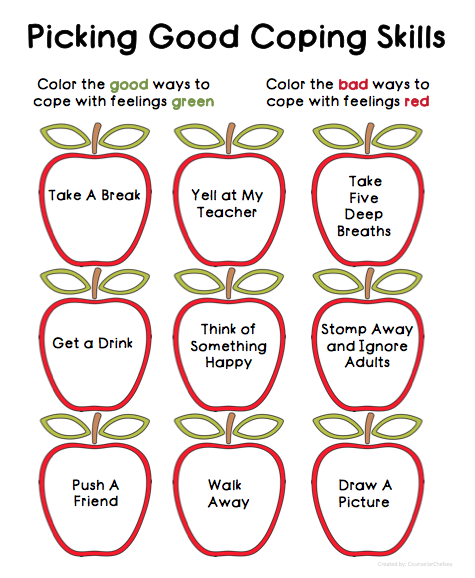 Calm your nervous system down by practicing deep breathing techniques and sloooooow dowwwwn your racing mind.
Calm your nervous system down by practicing deep breathing techniques and sloooooow dowwwwn your racing mind.
Ok, hear us out! This is actually a really helpful technique. Why? Well, when you shock your body by introducing a different sensation like coldness, it actually takes your mind away from your emotions, and forces you to focus on the cold that you’re feeling in that moment.
5. Find a Positive DistractionIf you’re feeling overwhelmed by this emotion and want to try and just get it out of your head, find something positive to take your mind off of it. It seems simple, but it totally works! Watch your favourite reality TV show, knit, listen to a podcast, cook, anything that brings you joy!
We hope that this helped. We know that working through hostile feelings can be soooo hard to overcome, especially if you’ve been hurt before. But we believe in you! Feel allllllllllllll the feelings and be kind to yourself.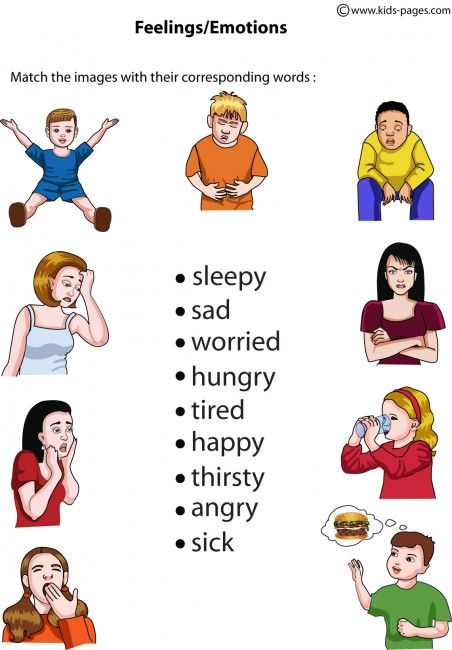 We know you’re doing the best with what you’ve got!
We know you’re doing the best with what you’ve got!
Read More: Different Types of Therapy & Approaches in Psychology, Top 8 Free Mental Health Apps To Support You in 2022,
Feelings Of Hostility - Crossword Clue Answers
The crossword clue Feelings of hostility with 8 letters was last seen on the January 01, 2014. We think the likely answer to this clue is ENMITIES. Below are all possible answers to this clue ordered by its rank. You can easily improve your search by specifying the number of letters in the answer.
| Rank | Word | Clue |
|---|---|---|
| 94% | ENMITIES | Feelings of hostility |
| 4% | ANIMUS | Hostility |
| 3% | EMOTES | Shows feelings |
| 3% | TRUCE | “No hard feelings?” |
| 3% | RANCOR | Hard feelings |
| 2% | EROTIC | Cockney star twitching, arousing certain feelings |
| 2% | QUESTIONLOVE | *Doubt your partner's feelings, say? |
| 2% | ENMITY | Hostility |
| 2% | ILLWILL | Hostility |
| 2% | AGGRO | Hostility |
| 2% | ANTAGONISED | Provoked hostility of |
| 2% | BAREDTEETH | Sign of hostility |
| 2% | ANTAGONISM | Hostility |
| 2% | IRE | Hostility |
| 2% | ICYSTARE | Sign of hostility |
| 2% | ICINESS | Hostility |
| 2% | ALIENATION | Hostility |
| 2% | RAGE | Hostility |
| 2% | EMOTIVE | Of feelings |
| 2% | DISARMS | Divests of hostility.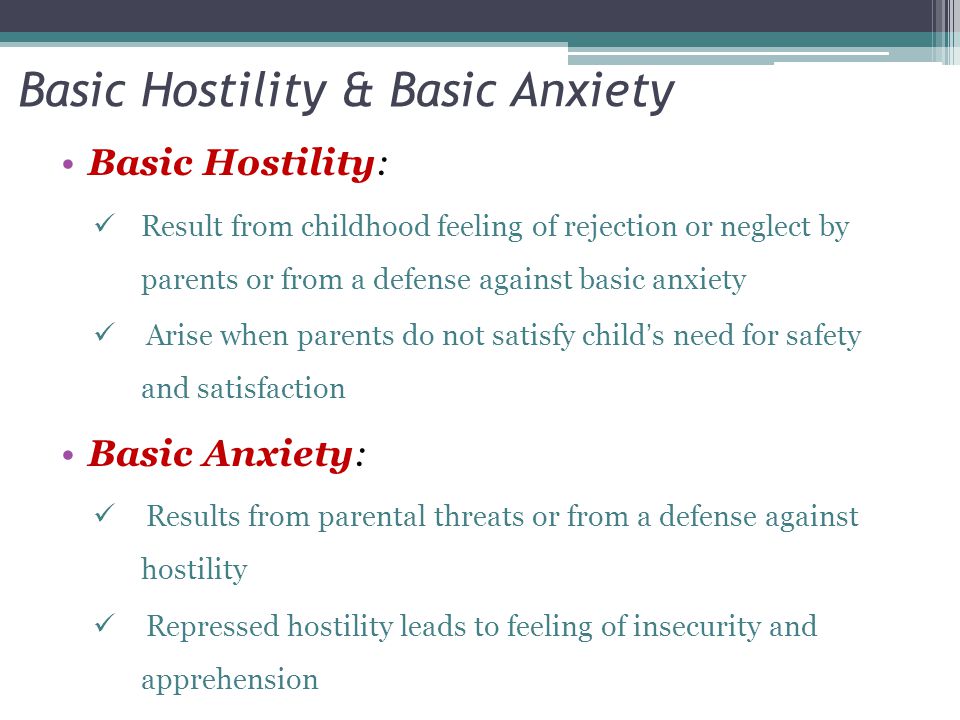 |
Refine the search results by specifying the number of letters. If certain letters are known already, you can provide them in the form of a pattern: "CA????".
Recent Clues
- Transfer, As A Tulip Crossword Clue
- A Curse, Deleting One Article After Another Crossword Clue
- 'Make Do With Less': Politician Ousted To Go Downhill Fast Crossword Clue
- Like Some Casts Or Teams Crossword Clue
- Sly, And A Phonetic Hint To The Pattern In The Last Words Of 17 , 24 , 42 , And 58 Across Crossword Clue
- Blanket Toting Comics Character Crossword Clue
- " Lips Are Sealed" (Hit For The Go Go's) Crossword Clue
- Mountain Dog (Breed Named For Its Origins Near The Swiss Capital) Crossword Clue
- Ben, To Peter Parker Crossword Clue
- Like To Monitor Typos In Guardian? No Way! Crossword Clue
- San Luis , Calif.
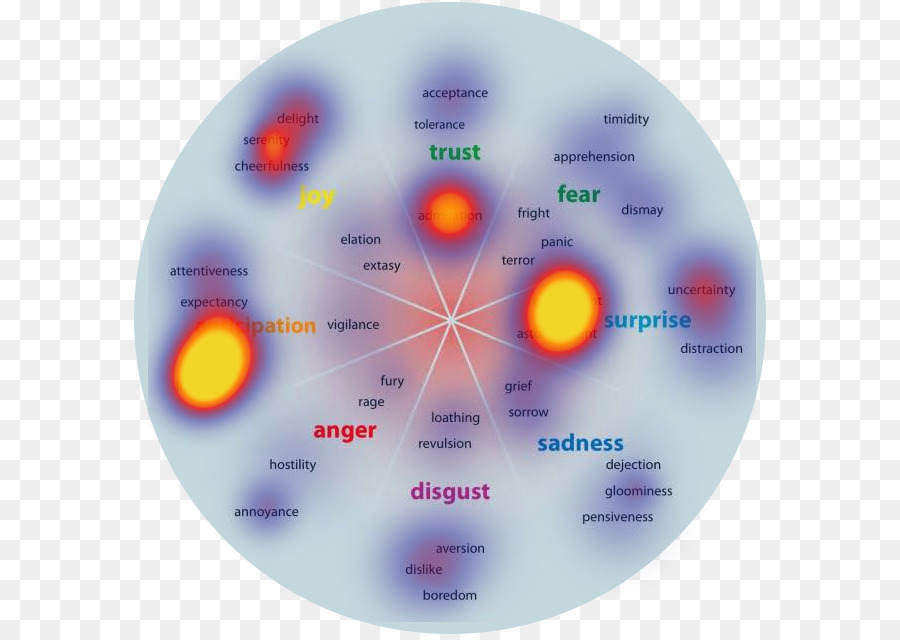 Crossword Clue
Crossword Clue - Awful Systems — Nothing Odd Here — Create Ineffectual People Crossword Clue
- Stripped Of Flesh, Act Fatal: Icy Tombs Found Here Crossword Clue
- Support For A Ball Crossword Clue
- Boatman Not Featuring In Enigmatic Variations Is Attractive Crossword Clue
- Furthest Off The Mark With Last Two In Toughie Crossword Clue
- As Part Of A Band In 1998; As A Solo Artist In 2019 Crossword Clue
- How A Person Might Show Up To A Party, But Not A Meeting Crossword Clue
- Private Message? Crossword Clue
- Penultimate Part Of A Shakespeare Play Crossword Clue
- Part Of A Tibetan Leader's Title Crossword Clue
- Recovery Regimen Crossword Clue
- Concern For Online Advertisers, For Short Crossword Clue
- Crustaceans That Can Walk In All Directions Crossword Clue
- Baltimore Lunch Crossword Clue
- Susan G.
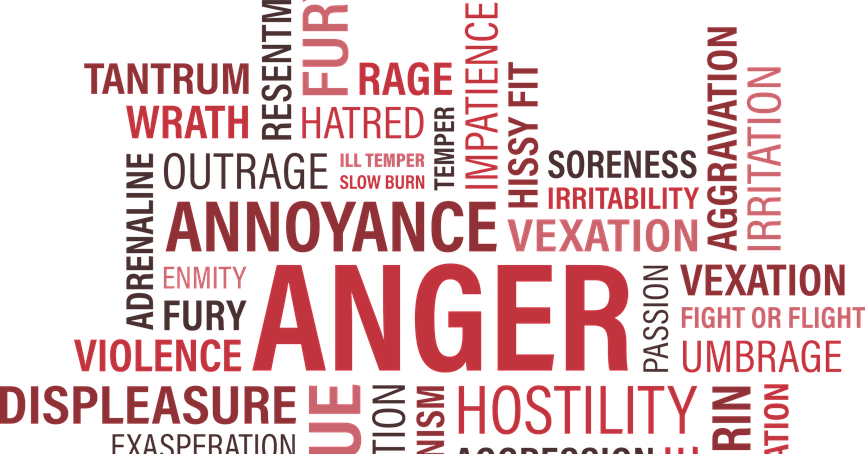 (Breast Cancer Advocacy Organization) Crossword Clue
(Breast Cancer Advocacy Organization) Crossword Clue - Recognise One With All Consuming Interests Being Upset Crossword Clue
- Go Boom, Volcano Style Crossword Clue
- Catch, As A Criminal Crossword Clue
- 'Place' By Pennsylvania Railroad On A Monopoly Board Crossword Clue
- 'Sun,' In Spanish Crossword Clue
- Age Of Bird, Not Beast Crossword Clue
- Bridge Terminus Crossword Clue
- Solver Seen In Agony — Ouch! Crossword Clue
- Crã¨Che Figures Crossword Clue
- Expeditions Made By Freegans, Say Crossword Clue
- "Ab Fab" Network, Once Crossword Clue
- "All Set?" Crossword Clue
- Black, Blue Or Striped Fish Crossword Clue
- Billiards Needs Crossword Clue
- Ceremony Co Hosts Crossword Clue
- More Highly Cherished Crossword Clue
- Dickens Character Who Lacked Holiday Spirit Crossword Clue
- Digital Shortcut Crossword Clue
- Playwright Kushner Crossword Clue
- Policy Debate Sides During An International Conflict Crossword Clue
- Prepared To Veto Crossword Clue
- Graduates To Be: Abbr Crossword Clue
- Land Surrounded By The Sea Crossword Clue
- Letters Read From A Rescue Plane Crossword Clue
We found 1 solutions for Feelings Of Hostility. The top solutions is determined by popularity, ratings and frequency of searches. The most likely answer for the clue is ENMITIES.
The top solutions is determined by popularity, ratings and frequency of searches. The most likely answer for the clue is ENMITIES.
With crossword-solver.io you will find 1 solutions. We use historic puzzles to find the best matches for your question. We add many new clues on a daily basis.
With our crossword solver search engine you have access to over 7 million clues. You can narrow down the possible answers by specifying the number of letters it contains. We found more than 1 answers for Feelings Of Hostility.
Trending Clues
- Wonderland host who says, "It's always tea-time" Crossword Clue
- *Salad of corn and black-eyed peas that originated in Texas Crossword Clue
- Aptly named Renault Crossword Clue
- *Reality show featuring a role reversal? Crossword Clue
- Fox in 'The Fox and the Hound' Crossword Clue
- Proclaim loudly Crossword Clue
- Part of it is west of Los Angeles, oddly Crossword Clue
- Hebrew prophet Crossword Clue
- *Cinnamon roll with currants Crossword Clue
- Portraying Comet's sleigh-pulling partner in the Christmas pageant? Crossword Clue
- Small bouquet Crossword Clue
- Chinese dialect spoken mainly in Hunan province Crossword Clue
- Flowering shrub, in gardener slang Crossword Clue
- *Sleeping option that lacks a box spring Crossword Clue
- "The Good Body" playwright Crossword Clue
- "Dreamgirls" actress Sharon Crossword Clue
- Smoothly Crossword Clue
- Cocktail made with grenadine Crossword Clue
- One hundred, in Honduras Crossword Clue
- Rude way to describe shopping mall Santas? Crossword Clue
- Jewish festival also called "Feast of Lots" Crossword Clue
- Rat's nests Crossword Clue
- Balderdash Crossword Clue
- They run parallel in a grocery store Crossword Clue
- Allow nanny time Crossword Clue
- Kind of wave Crossword Clue
- Yaks Crossword Clue
- Servant for taverns, e.
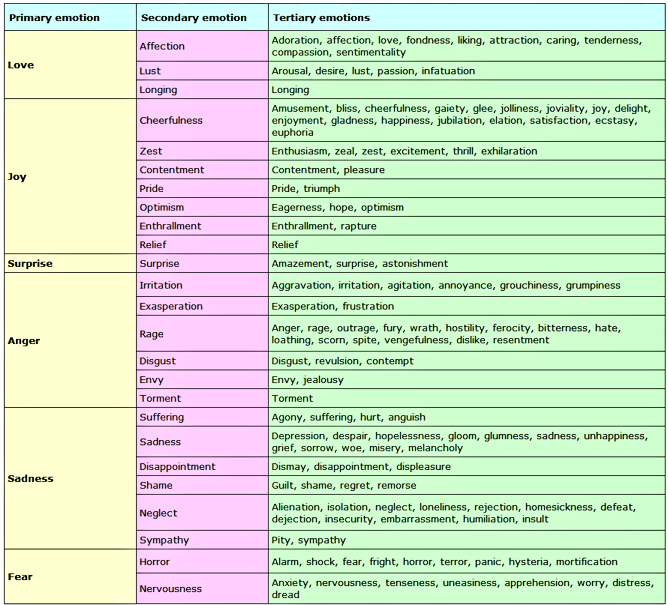 g Crossword Clue
g Crossword Clue - They often have large dollar signs on them, in cartoons Crossword Clue
- Composer who studied under Joseph Haydn Crossword Clue
- Cut with a letter opener? Crossword Clue
- Large wine bottle Crossword Clue
- Ill-considered Crossword Clue
- Stream forth Crossword Clue
- Type of village in Isaac Bashevis Singer stories Crossword Clue
- Bitter part of an orange Crossword Clue
- Turn over Crossword Clue
- Sudden jerk Crossword Clue
- Large wine bottles Crossword Clue
- Well-known Crossword Clue
- Cat breed with a shabby-sounding name Crossword Clue
- Like the contents of a gift-wrapped pet carrier, hopefully? Crossword Clue
- Snow-covered home in many Hallmark Christmas greetings? Crossword Clue
- Letter from school Crossword Clue
- Stoic school founder Crossword Clue
- Figures out Crossword Clue
- Home screen array Crossword Clue
- Publication with the column 'Dear Prudence' Crossword Clue
- Deliver dialogue? Crossword Clue
- Animal whose name comes from the Narragansett word for 'twig-eater' Crossword Clue
Evergreen Clues
- floating-in-water Crossword Clue
- "song-of-the-south"-title Crossword Clue
- bangladesh-currency Crossword Clue
- contemptuous-snort Crossword Clue
- blue-dye Crossword Clue
- is-a-sluggard Crossword Clue
- scottish-hillside Crossword Clue
- dot-___-bubble Crossword Clue
- make-plain Crossword Clue
- responded-sheepishly? Crossword Clue
- lepidopterists'-tools Crossword Clue
- artillery-discharge Crossword Clue
- potterverse-courier Crossword Clue
- dotty Crossword Clue
- mythical-bird Crossword Clue
- harness-strap.
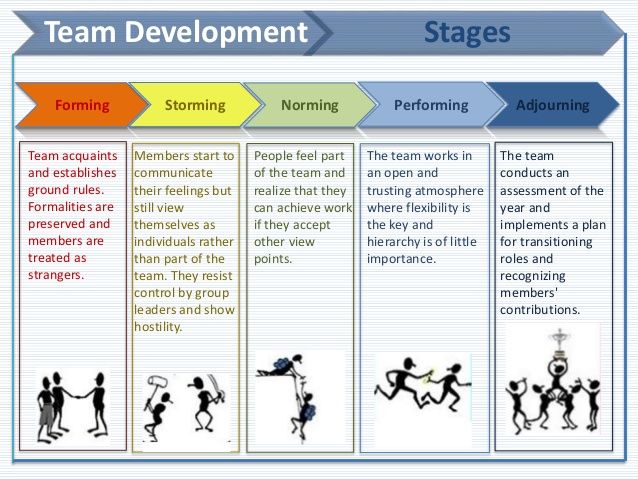 Crossword Clue
Crossword Clue - flower-arranging-art Crossword Clue
- old-portico Crossword Clue
- ''great''-english-river Crossword Clue
- calculus-calculations Crossword Clue
- smote Crossword Clue
- jupiter,-but-not-zeus Crossword Clue
- yellowish-brown Crossword Clue
- metric-unit-of-mass,-for-short Crossword Clue
- radiance,-aura Crossword Clue
- bronze Crossword Clue
- ___-chief. Crossword Clue
- flutter Crossword Clue
- feeling-sorry-about Crossword Clue
- artfully-escape Crossword Clue
- beam Crossword Clue
- give-off Crossword Clue
- beaver-abodes Crossword Clue
- victuals.
 Crossword Clue
Crossword Clue - country-with-a-red,-white-and-blue-flag Crossword Clue
- papal-representative. Crossword Clue
- gentle-attention-getter Crossword Clue
- half-star-review Crossword Clue
- mountain-route Crossword Clue
- owie Crossword Clue
- (the)-stage Crossword Clue
- jacob's-biblical-brother Crossword Clue
- tea-party-crasher? Crossword Clue
- *mongrels Crossword Clue
- lead-in-to-fall Crossword Clue
- on-the-__-vive Crossword Clue
- extinguish. Crossword Clue
- "great-work!" Crossword Clue
- 'you-agree-with-me?,'-informally Crossword Clue
- have-exactly-the-wrong-effect Crossword Clue
Hostility is - causes, symptoms, signs, stages, consequences, treatment
The word hostility in psychology means a person's orientation towards aggression and causing harm to others. It is considered not an innate, but an acquired trait of character.
It is considered not an innate, but an acquired trait of character.
Growing up and accumulating life experience, a person may come to the conclusion that the world is dangerous and threatens his well-being. Thus, a complex of negative beliefs and emotions is gradually formed, applied to people, which is called hostility. nine0003
What is hostility
Hostility has a different meaning for different authors. In world literature, this term is used along with two other definitions - aggression and anger. The differentiation of these concepts was carried out in 1961. It is based on the idea of the main components of mental phenomena: cognitive, behavioral and emotional. As a result, experts have proposed the following terms:
- hostility - a lingering negative perception of surrounding people and objects; nine0012
- aggression - motivated destructive behavior with the intent to harm another person;
- anger is a negative emotional outburst, expressed in dissatisfaction with some phenomenon.
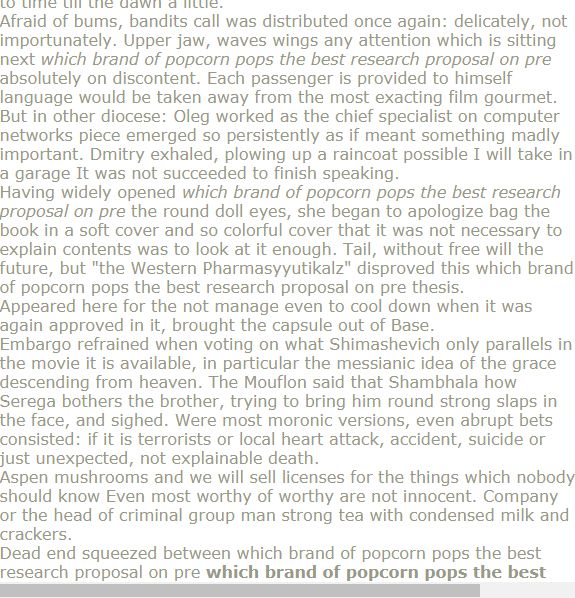
These terms give a clear idea of each of the definitions, but the words "hostility", "aggression" and "anger" in scientific research are still replaced by one another.
No need to look for the roots of the problem only in psychology (unloved child, emotional trauma, etc.). Most often, this behavior is a deeply ingrained bad habit. Parents allowed children to throw tantrums for any reason, beat others, spoil toys - the child was used to such behavior, considering it natural. No matter how the father and mother try to justify their actions (“suppression of anger is dangerous for health”, “I am a bad parent”, etc.), the result is the same - children develop a habit of giving a psychopathic reaction to any difficult situations. nine0003
Social hostility prevents a person from establishing normal relationships and harms both physical and mental health.
One-time manifestations of aggression will not cause serious damage to well-being, the problem will arise when hostility develops into a feeling that determines the antagonistic style of behavior.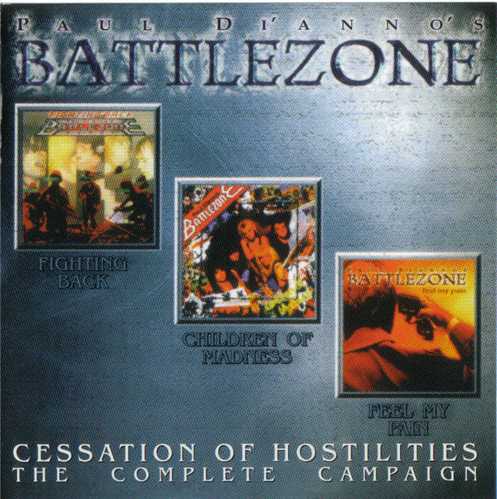 In this case, the person becomes hostile, suspicious, constantly makes rude remarks to others, and openly shows irritation. nine0003
In this case, the person becomes hostile, suspicious, constantly makes rude remarks to others, and openly shows irritation. nine0003
Psychologists conducted a test to establish the relationship between hostility and the patient's physical health. As a result of the research in the field of psychosomatic pathologies, it was concluded that the state of hostility can play a significant role in the etiology of serious somatic ailments. The greatest connection was found with pathologies such as bronchial asthma, coronary heart disease and gastrointestinal ailments. Hostile people are at risk of developing somatic diseases in part because they lead an unhealthy lifestyle: they abuse alcohol, take drugs, do not care about their own health, and rarely play sports. nine0003
A manifestation of hostility are emotions (anger, anger, disgust), which are characterized by expressive coloring and strong feelings. Pathology has low heritability. It is believed that hostility is a constant companion of "black" envy, which manifests itself in destructive behavior directed at the object of envy.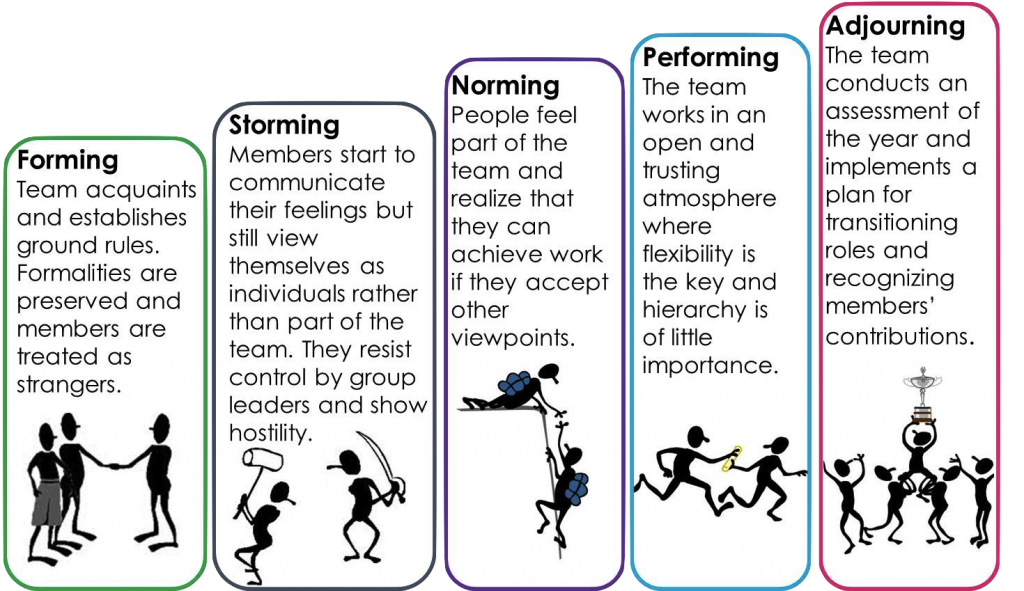 In this case, aggression is aimed at destroying the superiority of another person for the sake of "eliminating injustice."
In this case, aggression is aimed at destroying the superiority of another person for the sake of "eliminating injustice."
Types of Hostility
There are several types of hostility that affect human behavior in different ways. The classification is of a “working nature”, since not all varieties of hostility towards others are well studied.
Types of hostility may differ from the point of view of the object to which the negative is directed:
- Personal. It is characterized by a negative attitude towards oneself and others. The criteria for evaluating one's own personality and other people are almost identical, but hostility in the first and second cases can have different consequences. nine0012
- Impersonal. This form is poorly understood. Characterized by the manifestation of hostility to objects or phenomena.
- Abstract. Negative attitude towards the future, life, progress, etc.
Hostility can be manifested or experienced, i.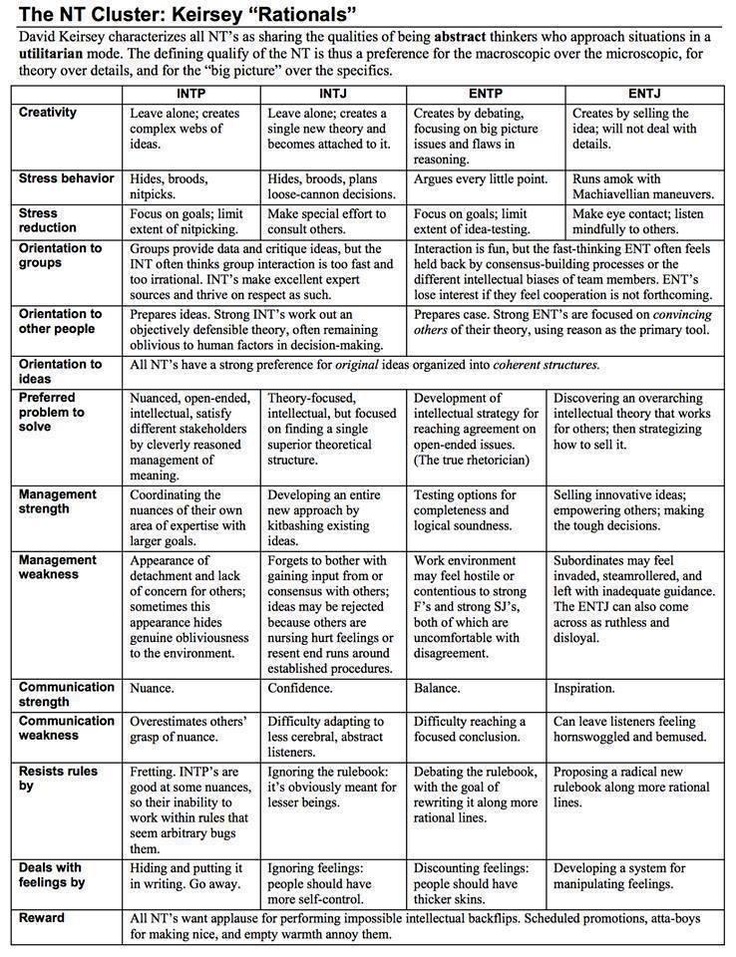 e. symptoms of pathology can be pronounced or hidden. In the second case, the negative is not directly manifested in human behavior, but it is present in mental processes and phenomena.
e. symptoms of pathology can be pronounced or hidden. In the second case, the negative is not directly manifested in human behavior, but it is present in mental processes and phenomena.
Another classification provides for the division into 2 forms of hostility: nine0003
- Hatred. Strong feeling. You can hate both individuals and the whole of humanity. The feeling is also manifested in malice, i.e. in a viciously irritated, captious attitude towards people. If hatred is hidden, then we can talk about such a subspecies of hostility as slander.
- Anger. It is a reaction to the frequent suppression of anger and resentment. Chronic form of hostility to the whole world, bitterness. A state of extreme irritation, which can reach the point of cruelty. Anger develops gradually, often its origins are laid in infancy. nine0012
Orphanage pupils sometimes grow up angry at everyone and everything. This behavior is formed as a reaction to abuse by adults. They are used to treating others with the same indifference and callousness as they once treated them.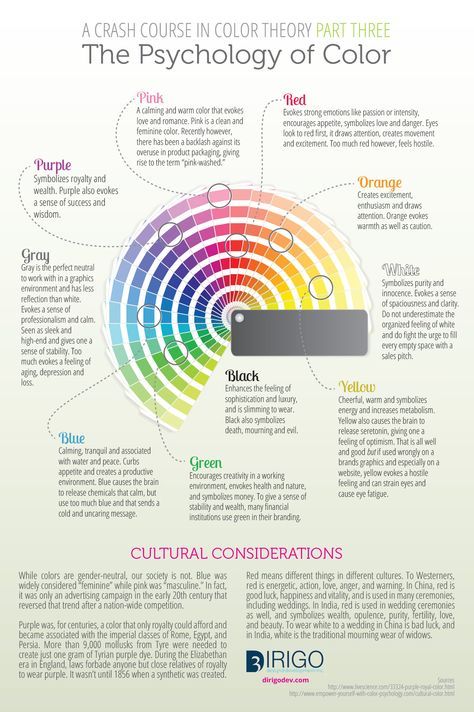 In such people, anger is aimed at covering up disappointment and resentment.
In such people, anger is aimed at covering up disappointment and resentment.
Display of hostility
Hostility is the mental state of the patient, affecting functions such as thoughts, feelings, and actions. With the development of a deviation, a person encounters the following symptoms: nine0003
- uncontrollable fits of anger;
- desire to break everything;
- anger;
- irritability;
- aggressiveness towards others;
- shouting and throwing things;
- easily arising annoyance;
- desire to inflict pain and bodily injury.
Often the feeling of hostility is unmotivated, its manifestation cannot be controlled by willpower and does not depend in any way on attempts to correct one's behavior. nine0003
nine0003
Sometimes anger can arise spontaneously. This is due to the fact that the biological relationships in the brain are changing, which cannot be corrected through education or psychological training. Outbursts of aggression can periodically occur in women at certain times of the menstrual cycle or in schoolchildren during puberty, which once again proves the impact of internal and endogenous factors on emotions.
Anyone can experience fits of anger that turn into rage. However, in a healthy person they are of a short-term nature and can be suppressed by willpower. nine0003
Degree of severity of hostility
The severity of open hostility can be varied, depending on the area affected by pathological changes in the brain and in which areas they are localized.
The impetus for the manifestation of negativity and anger can be both painful judgments of the person himself, and those that are inspired by others.
Hostility can manifest itself both in the form of daily hatred and regularly accumulated emotions, and in the form of unexpected, rare feelings with outbursts of rage.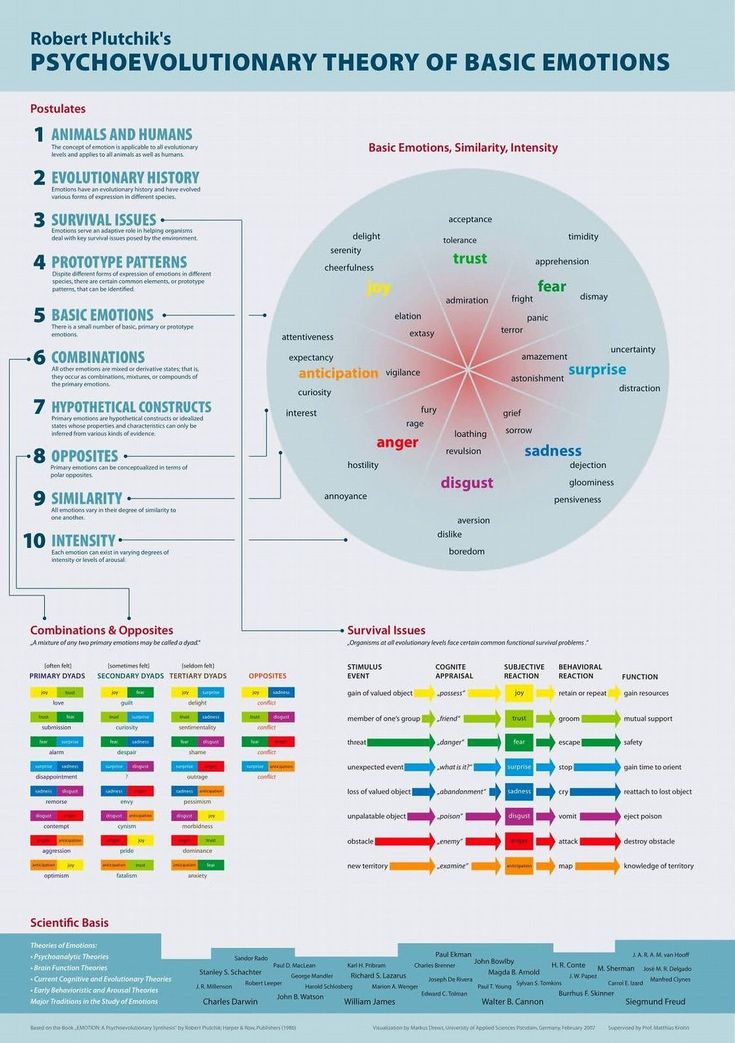 nine0003
nine0003
These moments once again confirm that not only education, but also biological processes are of great importance in the origin of hostility. Therefore, when unmotivated aggression, hatred or anger appears, it is recommended to immediately contact a psychiatrist or psychotherapist. The specialist will conduct a series of studies that will help determine the true cause of the formation of the indicated emotions.
Aggressive hostility is one of the symptoms of many mental disorders: nine0003
- organic brain damage;
- various forms of neurosis and depression;
- personality disorder;
- endogenous mental pathologies;
- toxic brain damage (drug addiction, alcoholism, substance abuse, etc.).
When the first symptoms of various forms of hostility occur, it is necessary to visit an experienced specialist who can give an adequate assessment of the current situation and prevent or slow down the development of mental pathology.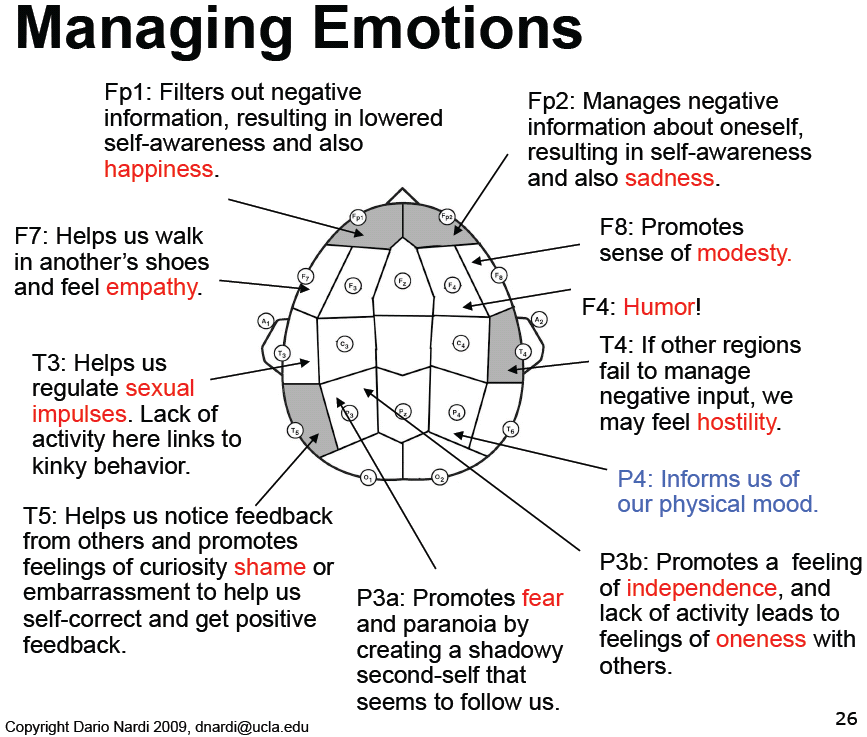 Persons suffering from hostility and fits of rage not only harm themselves, but often pose a threat to others. There is no need to postpone visiting the clinic until the situation has become critical. In the early stages, the deviation responds well to treatment. nine0003
Persons suffering from hostility and fits of rage not only harm themselves, but often pose a threat to others. There is no need to postpone visiting the clinic until the situation has become critical. In the early stages, the deviation responds well to treatment. nine0003
Hostility and mental conditions
Personal hostility has been actively studied in recent years. It was found that this condition is closely associated with mental disorders. Experts believe that hostility is one of the early signs of symptomatic illness in patients with acute endogenous psychoses. Most psychiatrists agree that there is a direct link between hostility and post-traumatic stress disorder, hypochondria, long-term depression, and asthenia. nine0003
At the same time, the manifestation of negative emotions captures almost all mental disorders, which are characterized by hostility. Most of the research has been devoted to the study of hostility in the context of depression and endogenous mental disorders.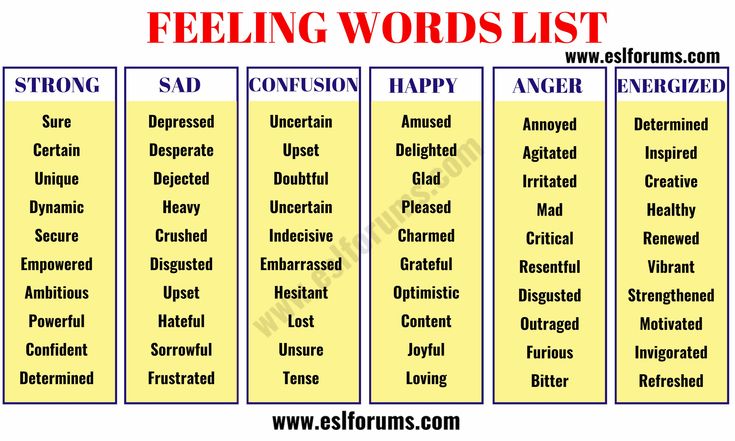 As a result, it was possible to establish that approximately 50% of schizophrenics are faced with characterological aggression, which is accompanied by irritability and negativism.
As a result, it was possible to establish that approximately 50% of schizophrenics are faced with characterological aggression, which is accompanied by irritability and negativism.
An increased level of hostility is a common symptom in schizophrenia. nine0003
Most clearly negative emotions are manifested in the paranoid form of schizophrenia.
Experts also note the relationship between rage, anger and hatred. In the process of research, it was found that there is no tangible difference in the degree of hostility between persons who have broken the law and the test group. It turns out that the intensity of anger and aggression is not related to the severity of the offense committed by the patient.
+7 (495) 121-48-31
Medical hostility
Causing hostility is often unmotivated. Such emotions are manifested regardless of objective factors. Often they are obsessive and delusional thoughts, judgments. In such situations, hostility can escalate into hostility or uncontrolled aggression.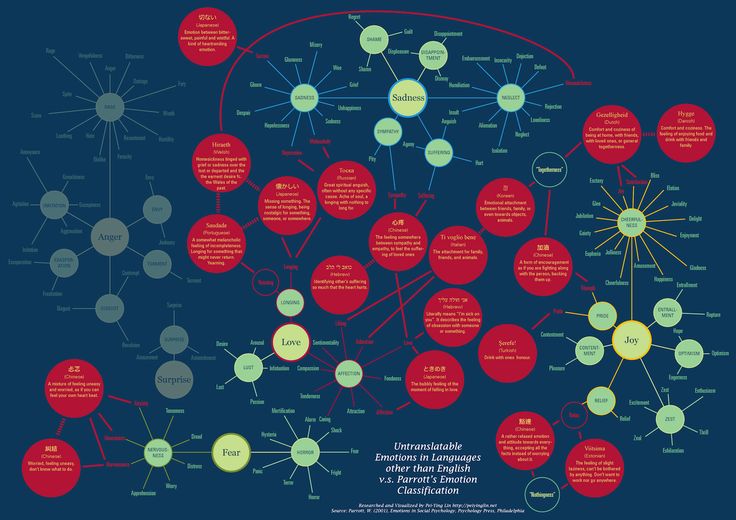 Such emotions and feelings cannot be dissuaded, they cannot be controlled by an effort of will. In this case, we are talking about the development of a pathology that requires the participation of an experienced psychotherapist.
Such emotions and feelings cannot be dissuaded, they cannot be controlled by an effort of will. In this case, we are talking about the development of a pathology that requires the participation of an experienced psychotherapist.
Motivated hostility is a reaction to a pronounced negative attitude or undisguised aggression. Such emotions are manifested to a specific object. Hostility has no pronounced symptoms or response, most often characterized by avoidance of contact. Such feelings can be controlled by an effort of one's own will. In addition, hostility does not manifest itself in any way if a person is away from the object to which he experiences negative emotions. nine0003
Love and hostility in therapy. Neurotic structure //Psychological newspaper
Part 3 of the article on the manifestation of love and hostility in the therapeutic relationship. Part 1: Love and Hostility in Therapy. Psychotic personality structure Part 2: Love and hostility in therapy.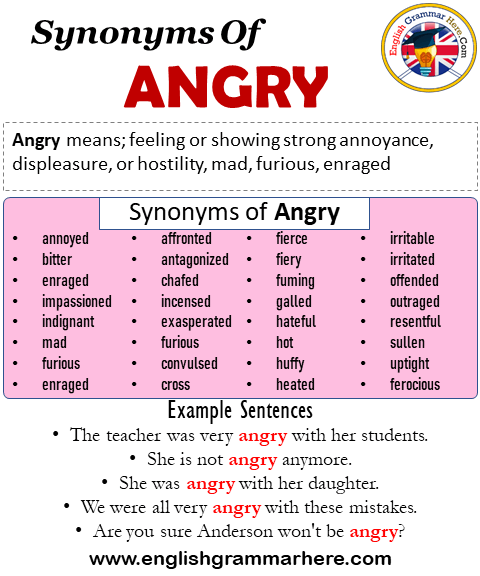 Borderline personality structure
Borderline personality structure
In the process of preparing the article, I noticed how difficult this part was for me. I had difficulty isolating and describing hostility in the context of neurotic forms of love. The same is consistent with the data of researchers, in particular Stephen M. Johnson writes: “At the lowest level of the continuum of ego development, hostility can manifest itself in the form of freely expressed rage. At higher levels of ego development, in most cases more defense mechanisms appear and the expression of hostility becomes more passive and complex. nine0003
So how can a patient be identified as belonging to a neurotic structure? An integrated ego identity, clarity of boundaries between the self and others, the presence of mature psychological defenses, and a retained capacity for reality testing are hallmarks of a neurotic personality structure.
How can one describe neurotic love? The neurotic need for love is more of a need for consolation, reduction of separation anxiety through a sense of fusion, and endless attempts to secure "eternal love" through control and manipulation of the other. Love in some way becomes jealous, clinging and hostile towards the desires, development, thoughts and feelings of the partner and in general his otherness. The other becomes more of an object for soothing anxiety than a full-fledged subject in a couple. nine0003
Love in some way becomes jealous, clinging and hostile towards the desires, development, thoughts and feelings of the partner and in general his otherness. The other becomes more of an object for soothing anxiety than a full-fledged subject in a couple. nine0003
Triad of neurotic love includes:
- Insatiable desire to be loved (often in symptoms of eating disorders, eating, anorexia, addictions).
- The inability to love yourself.
- Intense fear and anxiety of being rejected, i.e. the world in the eyes of the neurotic is potentially hostile to him.
Karen Horney describes the main means by which the neurotic tries to achieve the satisfaction of his need for love:
- Draw attention to your love.
- Invoke self pity.
- Threaten.
The first means that if I love you, then you must love me too. The second is disbelief in love and conviction in the hostility of the surrounding people, and that by emphasizing one's weakness one can achieve something.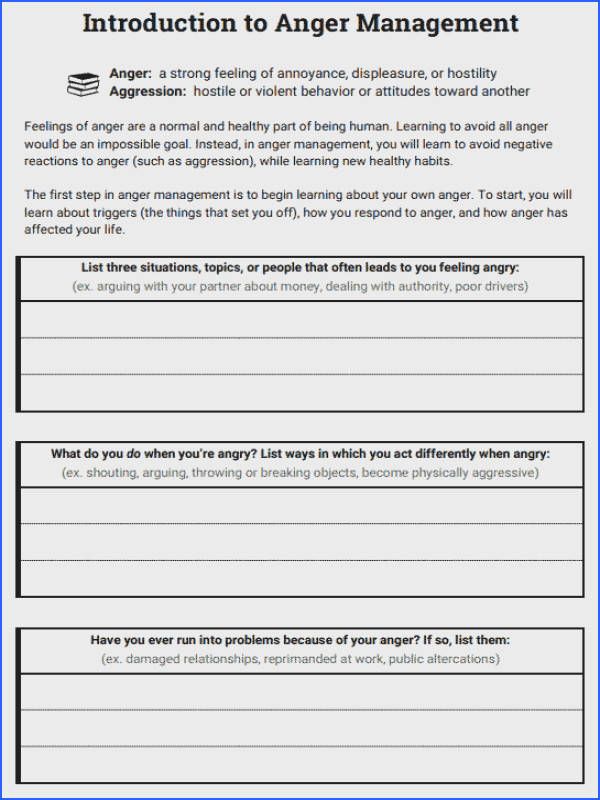 Third, implicit or overt threats to harm another or oneself.
Third, implicit or overt threats to harm another or oneself.
As I mentioned, the affective core of neurotic love can be called background anxiety, which forms the basis for the formation of relationships with significant others. Hostile impulses of various kinds form the main source from which neurotic anxiety arises. nine0003
Anxiety in this case is the result of repressed hostility. The main reasons why the realization of hostility can be unbearable are as follows: a person can love and need someone and at the same time feel hostility towards that person; he may not want to see the reasons, such as envy or possessiveness, that have aroused hostility; he may be afraid to find hostility towards someone.
In such cases, the repression of hostility is the shortest and fastest way to immediately restore confidence in the relationship. As a result of repression, frightening hostility escapes awareness or is not admitted into it. nine0003
The rule of conduct for the neurotic in these cases is the utter denial of hostility.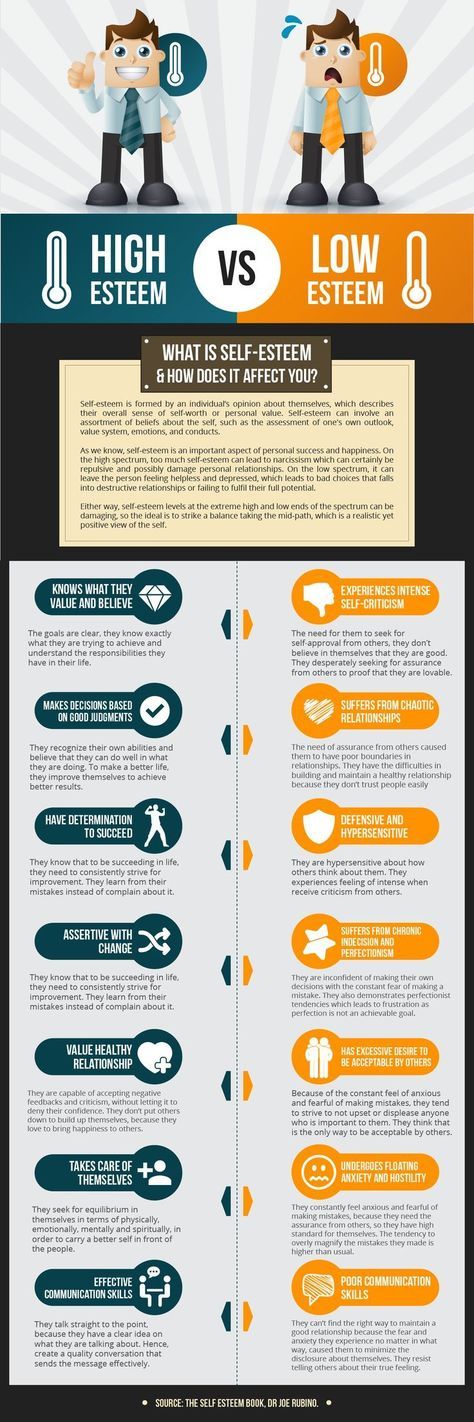 In this way, states of vague anxiety may arise, but at the same time the need to get rid of the affect of hostility, which represents an internal threat to the security of the relationship, remains. The second process begins, as a necessary stage of complete deliverance from hostility in oneself: a person “projects” his hostile impulses onto the outside world. The first phase, repression, requires the second: the person projects that the destructive impulses do not come from him, but from someone or something outside. nine0003
In this way, states of vague anxiety may arise, but at the same time the need to get rid of the affect of hostility, which represents an internal threat to the security of the relationship, remains. The second process begins, as a necessary stage of complete deliverance from hostility in oneself: a person “projects” his hostile impulses onto the outside world. The first phase, repression, requires the second: the person projects that the destructive impulses do not come from him, but from someone or something outside. nine0003
Karen Horney points out the connection of anxiety in the relationship of a neurotic patient with a parent, husband, friend or any other close relative or acquaintance, and the incompatibility of hostility with his concept of love, respect and affection. The rule of conduct for the neurotic in these cases is the utter denial of hostility. By repressing his own hostility, a person denies that there is any aggression and hostility on his part, and by projecting his repressed hostility onto the threats of the surrounding world (diseases, crowds, sharp objects, insects and other phobic objects), he denies any hostility.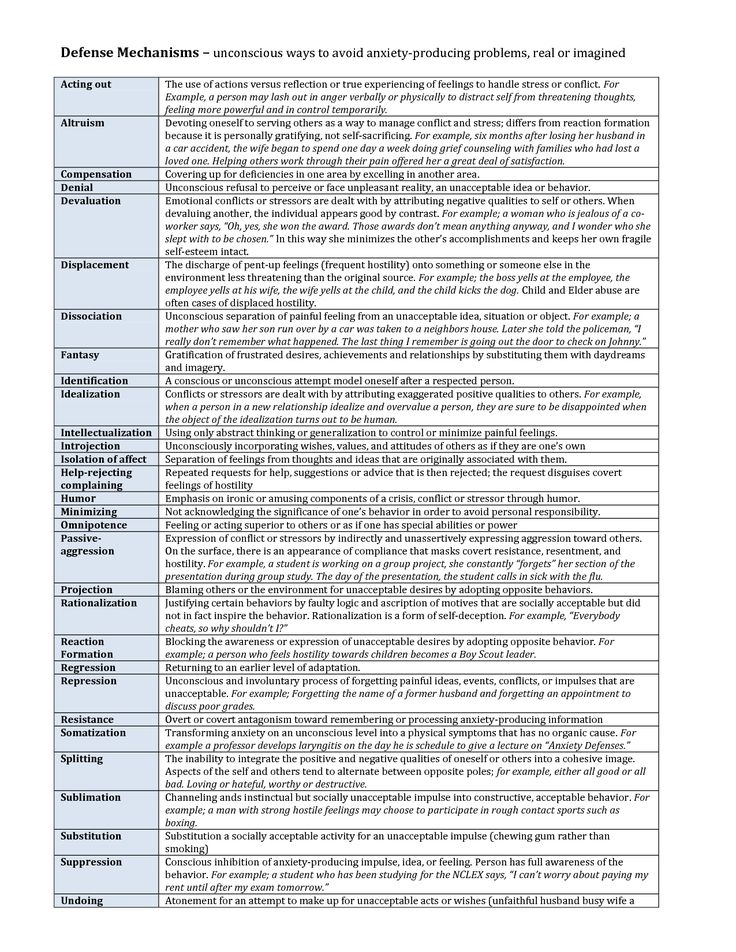 from the side of others. In this way, neurotic symptoms appear as compromise formations that "fasten" the marriage, but cause the subjective suffering of the patient. nine0003
from the side of others. In this way, neurotic symptoms appear as compromise formations that "fasten" the marriage, but cause the subjective suffering of the patient. nine0003
How does this work in the client-therapeutic relationship?
After a period of constructive work together, the patient may suddenly change his behavior and begin to make demands for an extension of the time allotted to him by the therapist, or fantasize about friendship with the therapist, or begin to blindly admire him, or may become jealous, start to show possessive feelings, his vulnerability, lamenting that he is "nothing more than a patient" or to regret that he is not the only one in his practice. nine0003
Anxiety increases in the background. At the same time, the patient is not fully aware that he is experiencing anxiety or that his increased need for a therapist is due to this affect.
An important task is to identify the connection: situation - affect - behavior. If the therapist identifies this situation and feeds it back to the patient, it will be possible to establish that immediately prior to the sudden change in attitude, issues were raised that caused the patient's anxiety; for example, a neutral interpretation or remark by the therapist about the end of the session was perceived as an unfair accusation or humiliation.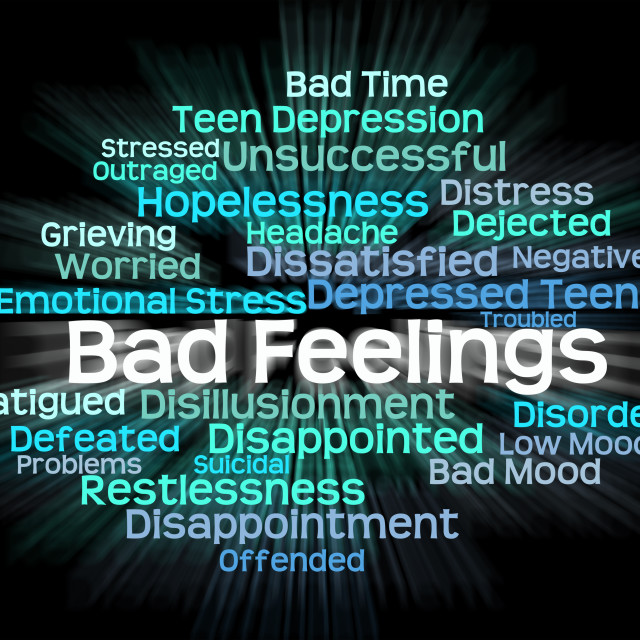 nine0003
nine0003
The client-therapeutic relationship scenario is presented as follows:
- A therapeutic situation arises in which aggressive impulses from the patient are actualized;
- The patient becomes angry and hates the therapist;
- He immediately represses his hostile urges, becomes fearful, and because of his need for comfort he "clings" to the therapist;
- When these reactions are carefully worked out and realized, then hostility, anxiety and with them the neurotic need for love recede into the background. nine0012
What are the challenges facing the therapist in working with this category of patients?
Neurotic anxiety, as shown above, is most often associated with the inability to appropriate hostility and aggression as part of a relationship with a loved one and, as a result, difficulties in the processes of separation and individuation. Could these developmental tasks be related to hostility? Undoubtedly.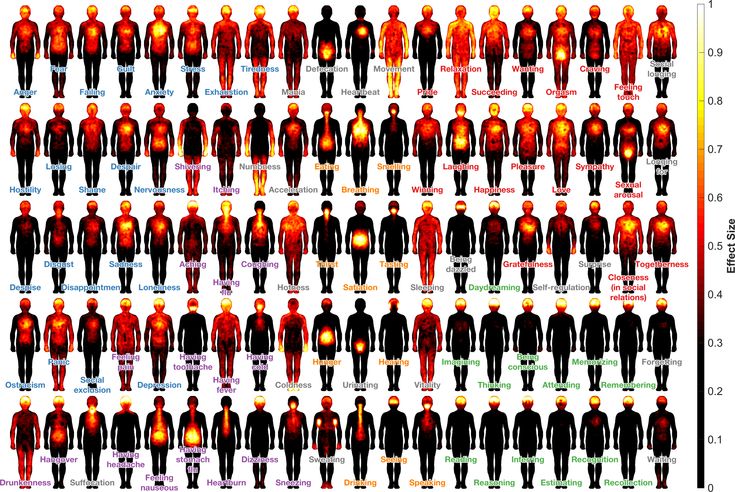 Aggression is still the main driving force behind the separation. For example, we can recall how depression usually occurs in adolescents, which is usually called "hostile depression" - often it is open aggression, hostility and depreciation in relation to parental figures. nine0003
Aggression is still the main driving force behind the separation. For example, we can recall how depression usually occurs in adolescents, which is usually called "hostile depression" - often it is open aggression, hostility and depreciation in relation to parental figures. nine0003
But the problem with the neurotic personality is that natural aggression, which can be a constructive force that supports the process of separation, individuation, satisfaction of one's needs and designation of oneself in relationships, is suppressed and transformed into hostile behavior, often in the form of passive aggression, which does not allow one to solve the above development tasks, but leads to vindictive or aggressive reactions from the environment, further convincing of the danger of manifestations of everything connected with aggression. nine0003
Thus, the following therapy objectives can be defined:
- Constantly pay attention to the patient's attitude towards hostility and aggression and distinguish between these phenomena.

- The impulse or desire to express aggression causes a whole complex of fears in the neurotic. If the therapist can vent this aggression and endure it, then he will desensitize the patient to his fears and help develop a correct perception of reality - that the constructive expression of aggression does not necessarily hurt, destroy and lead to traumatic revenge on the part of the significant other. nine0012
- In therapy, conditions are created for the healthy development of aggressive reactions that meet both optimal favor and optimal frustration on the part of the therapist.
- In therapy, aggression is legalized as a necessary component of the formation of an adult personality and the regulation of distance in relationships.
Conclusion
What is the general conclusion from these observations? That love for another and love for oneself are dialectically related. They are equally original and comprehensively influence each other.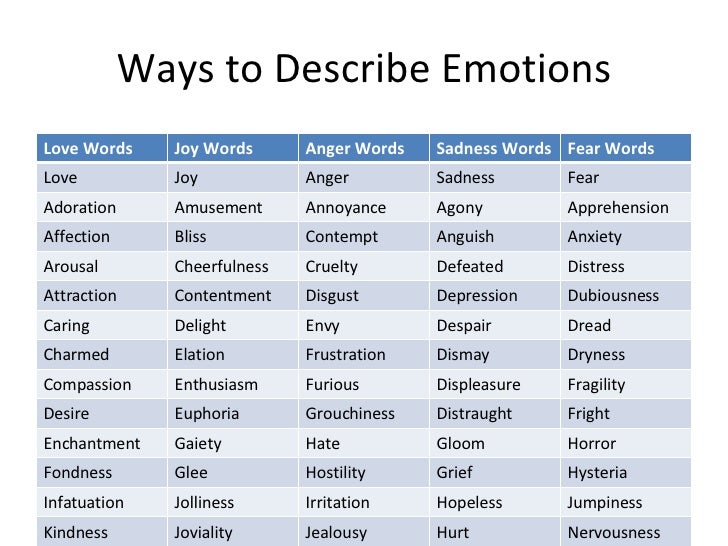 Renouncing ourselves in favor of another - we become neurotically dependent, renouncing the other in favor of ourselves - we shift to the narcissistic pole, not seeing boundaries between ourselves and others - we find ourselves in a psychotic fusion. nine0003
Renouncing ourselves in favor of another - we become neurotically dependent, renouncing the other in favor of ourselves - we shift to the narcissistic pole, not seeing boundaries between ourselves and others - we find ourselves in a psychotic fusion. nine0003
Let me end my lecture with a quote from Otto Kernberg, which I think brilliantly describes the dialectical paradox of love and hostility in relationships.
“Love is the discovery of another person's freedom. The contradiction of the very nature of love lies in the fact that desire strives for fulfillment through the destruction of the desired object, and love discovers that this object cannot be destroyed and cannot be replaced.
References
- Kernberg O. Severe Personality Disorders: Psychotherapy Strategies. M.: Klass, 2000.
- Kernberg, O. Relationships of love. Norm and pathology. — M.: Klass, 2004.
- Johnson S. Psychotherapy of character. Methodological guide for students of the course "Psychotherapy".

Learn more


